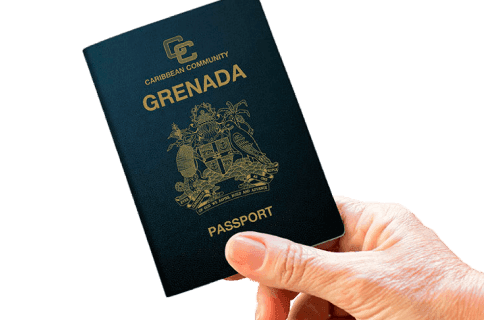
São Tomé and Príncipe Unveils Citizenship by Investment Program with Dubai Hub
Effective August 1st, the program offers second citizenship in 6 weeks via Dubai-based PPP. From $90k donation + $5k fee (single applicant).

Bulgaria, being a member of the European Union since 2007, has steadily increased its attractiveness among foreign entrepreneurs and investors. In addition to its picturesque landscapes and rich cultural heritage, the country offers one of the most favorable tax systems in the EU. A simple structure, low rates, and incentive measures make Bulgaria a serious player on the global investment map. Below, we examine the features of Bulgarian taxation and its benefits for businesses.
Unlike several Western European countries, Bulgaria offers a more simplified tax model. The main taxes are applied at flat rates, making administration and financial planning less costly. The system is based on the Tax and Social Security Procedure Code and specialized regulatory acts.

Key principles:
Main taxes:
Corporate tax: The rate is only 10%, making it one of the lowest in Europe. It applies to all legal entities registered in Bulgaria, as well as to the income of foreign company branches.
The tax base is determined as the difference between income and justified expenses.
Features:
Personal income tax: A fixed rate of 10%. Applies to all types of income for residents and income earned in Bulgaria by non-residents.
Residency is recognized if there is a permanent address, residence for more than 183 days, or a center of vital interests in the country.
Key income categories:
Social contributions:
VAT: Standard rate is 20%.
Reduced rates:
Mandatory registration applies if annual turnover exceeds 100,000 BGN (~51,000 EUR), with voluntary registration possible. The mechanism operates on a deduction principle: the difference between charged and input VAT is paid or refunded.
Excise duties: Applied to tobacco, alcohol, fuel, electricity, and vehicles.
Rates:
Property taxes:
Bulgaria offers significant fiscal incentives.
For investors:
For startups and IT companies:
Double Taxation Treaties: Over 70 agreements, including EU countries, the USA, Russia, China, and Canada. The goal is to minimize double taxation. Reduced rates are established for dividends, interest, and royalties, and taxation rights are allocated based on the type of activity.
Example: If a Bulgarian company pays dividends to a parent company in Germany and the ownership threshold is met, the rate may be 0%.

Operational benefits:
Personal tax planning:
Bulgaria's tax policy is one of the strongest arguments for doing business in the region. Low rates, no taxes on certain income categories, clear rules, and the application of international treaties create a favorable environment. While other factors—from administrative procedures to infrastructure—also play a significant role, combined with fiscal incentives, Bulgaria forms a stable platform for business and investment within the EU.

Effective August 1st, the program offers second citizenship in 6 weeks via Dubai-based PPP. From $90k donation + $5k fee (single applicant).

Starting August 20, certain visa applicants must post bonds up to $15,000. The program explicitly targets Citizenship-by-Investment holders over vetting concerns. Initially affects Malawi/Zambia nationals, but CBI countries face potential inclusion with 15 days' notice. 30-day stay limit applies.

Foreign investors can now fast-track Argentine citizenship without residency requirements under President Milei’s new decree. Significant investment unlocks visa-free access to 162 countries, affordable living & Latin America’s dynamic economy. Details pending Economy Ministry guidelines.



